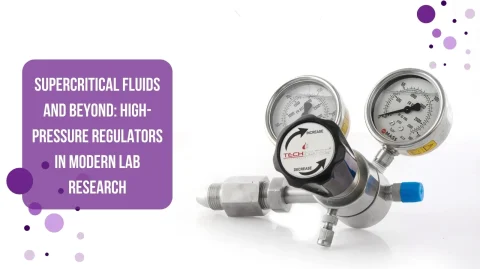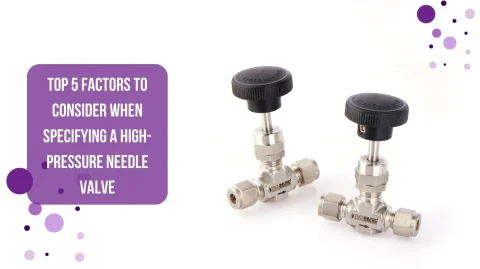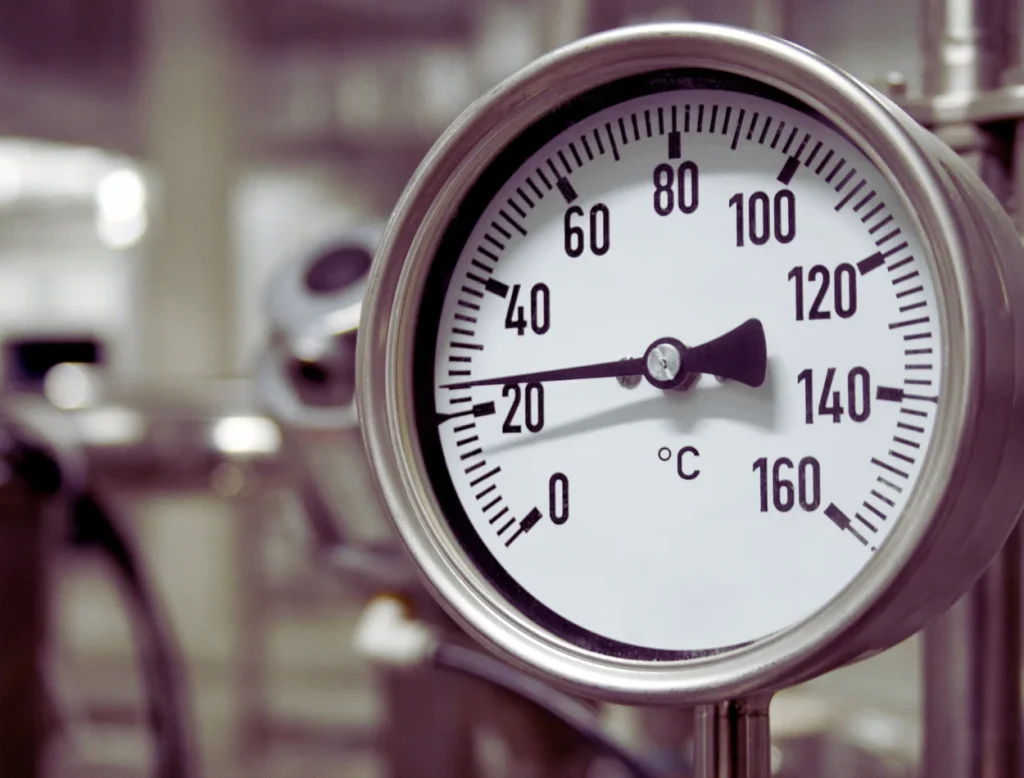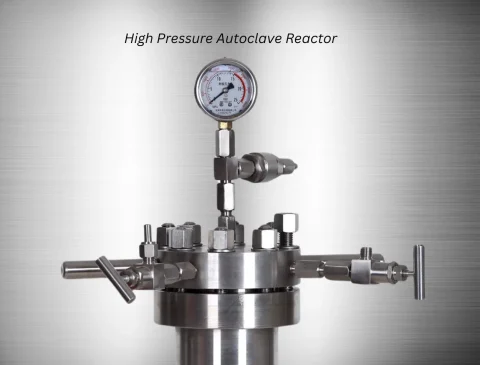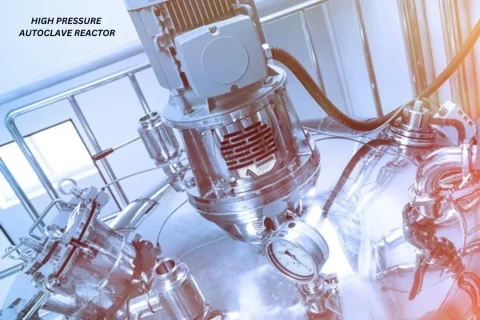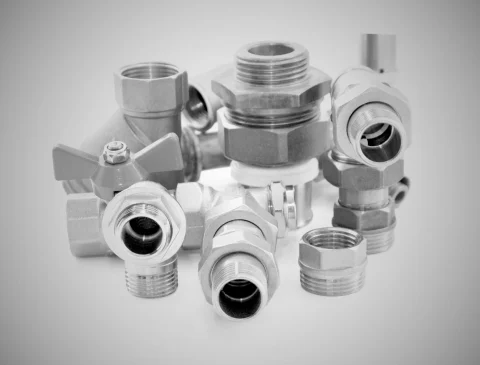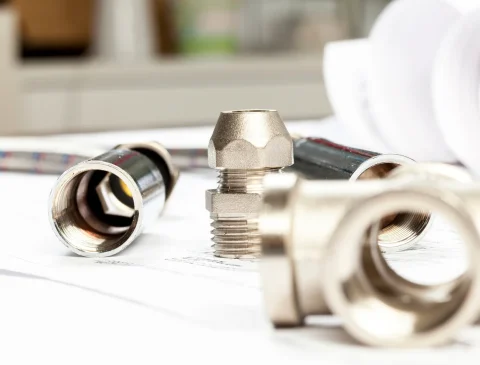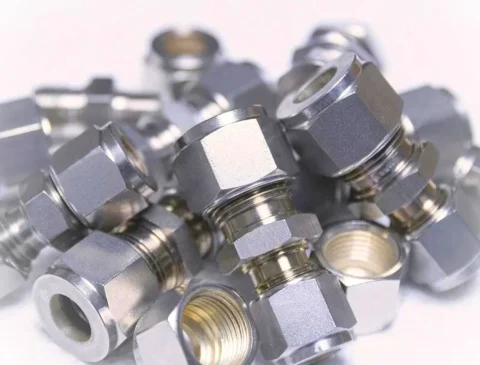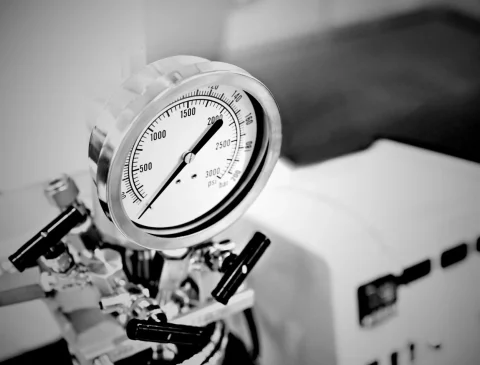High-pressure autoclave reactors are essential in many industrial processes, particularly in the chemical and materials science industries. The thermodynamics involved in these reactors must be considered to understand how they work effectively.
Understanding Thermodynamics in Autoclave Reactors
Thermodynamics is the study of energy, heat, and their transformations. These concepts are crucial in a high-pressure autoclave reactor because the reactions often involve high temperatures and pressures, which can significantly impact how substances behave and react.
Temperature and Pressure Effects
In an autoclave reactor, as pressure increases, the boiling point of liquids also rises. This means reactions that require higher temperatures can be conducted without boiling the reactants. This is essential for responses where high temperatures are needed to break chemical bonds and form new compounds. Combining high temperature and pressure can speed up reactions and make them more efficient.
Energy and Heat Transfer
Another important thermodynamic consideration is how energy is transferred within the reactor. Heat is usually applied to the reactor to initiate and sustain the reaction. Efficient heat transfer is critical to ensure the temperature is evenly distributed throughout the reactor. If the heat is evenly distributed, some parts of the reactor might be too hot or cold, leading to consistent reaction outcomes.
Reaction Equilibrium
Thermodynamics also helps us understand reaction equilibrium. Adjusting the pressure in a high-pressure autoclave reactor can shift the equilibrium, favoring the production of desired products. For instance, in some chemical reactions, increasing the pressure can drive the reaction to produce more of a specific compound, enhancing efficiency.
Safety Considerations
Managing the thermodynamics in a high-pressure autoclave reactor is not just about efficiency but also safety. High temperatures and pressures can lead to dangerous situations if not appropriately controlled. Understanding how different materials behave under these conditions helps in designing reactors that are safe to operate.
Conclusion
Thermodynamics plays a vital role in the operation of high-pressure autoclave reactors. By understanding how temperature, pressure, and heat transfer affect chemical reactions, engineers can design reactors that are not only efficient but also safe. This knowledge helps optimize processes, leading to better products and more sustainable industrial practices.
To purchase this product, please follow the links below.
1- Techinstro
2- Shilpent
